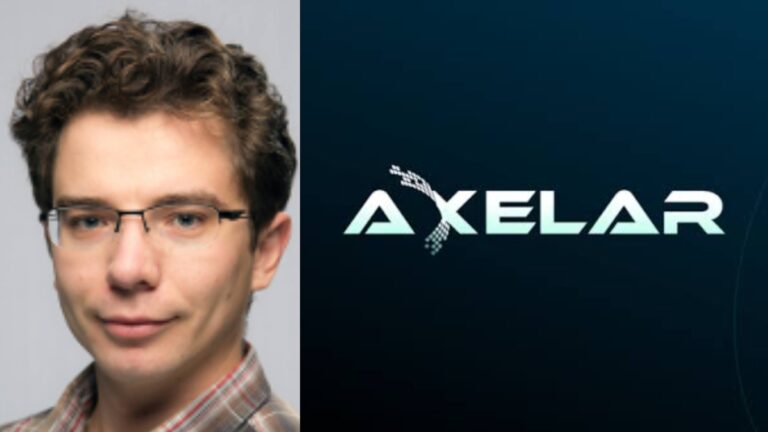Holo (HOT) Explained: Everything You Need to Know Before Investing – By Founder Arthur Brock

Introduction
As blockchain technology evolves, alternative decentralized ecosystems like Holo (HOT) are gaining traction. Founded by Arthur Brock, Holo aims to revolutionize the way decentralized applications (dApps) function by introducing Holochain, a more efficient and scalable alternative to traditional blockchains.
But is Holo (HOT) a good investment? In this guide, we’ll break down the technology, use cases, tokenomics, risks, and future potential of Holo.
What Is Holo (HOT)?
Holo is a peer-to-peer (P2P) hosting platform designed to support decentralized applications (dApps) without relying on traditional blockchain structures. Instead of using consensus mechanisms like Proof-of-Work (PoW) or Proof-of-Stake (PoS), Holo operates on Holochain, a framework that enables efficient and scalable data storage.
Key Features of Holo (HOT):
✅ Holochain Technology – Eliminates blockchain bottlenecks and ensures fast, scalable transactions.
✅ Energy Efficiency – Unlike Bitcoin and Ethereum, Holo does not require high computational power.
✅ Peer-to-Peer Hosting – Users can rent out their computing power in exchange for HOT tokens.
✅ No Mining or Staking – Instead of mining, users contribute computing resources to the network.
How Does Holo (HOT) Work?
Holo functions as a bridge between Holochain-based applications and traditional web users. Here’s how:
🔹 Holochain-Based Apps (hApps) – Developers build apps using Holochain, which are hosted by individual users instead of centralized servers.
🔹 Holo Hosting Marketplace – Users with spare computing power can host hApps and earn HOT tokens in return.
🔹 No Global Consensus – Each node operates independently, reducing transaction delays and congestion.
🔹 HOT Token Utility – Used to pay for hosting services and incentivize network participants.
Real-World Use Cases of Holo (HOT)
Holo is more than just a cryptocurrency—it has practical applications in multiple industries:
📌 Decentralized Applications (dApps): Holo provides a framework for developers to create dApps that run efficiently.
📌 Cloud Hosting Alternative: Businesses can use Holo hosting as a cost-effective alternative to traditional cloud storage services like AWS.
📌 Data Ownership & Privacy: Users control their own data instead of relying on centralized entities.
📌 Supply Chain & IoT: Holochain can be integrated with supply chain management and IoT applications for better data transparency.
Holo (HOT) Tokenomics & Supply
✅ Total Supply – HOT tokens are pre-minted and used to access Holo hosting services.
✅ Circulating Supply – HOT tokens are gradually released to the market.
✅ Ecosystem Utility – HOT tokens are exchanged for HoloFuel, the primary currency for hosting transactions.
✅ Deflationary Mechanism – As demand for hosting increases, the value of HOT tokens is expected to rise.
The strong tokenomics of HOT aim to create a self-sustaining ecosystem that rewards users for participation.
Should You Invest in Holo (HOT)?
Before investing, it’s essential to weigh the potential benefits and risks.
Pros & Cons of Investing in Holo (HOT)
✅ Pros:
✔️ Scalable & Efficient – Holochain eliminates blockchain limitations.
✔️ Strong Use Cases – Practical applications in hosting, privacy, and cloud services.
✔️ Growing Developer Community – Holochain adoption is increasing.
❌ Cons:
⚠️ Market Volatility – HOT tokens are subject to price fluctuations.
⚠️ Regulatory Uncertainty – Future regulations could impact its adoption.
⚠️ Competition – Faces competition from other decentralized computing solutions like Filecoin and Ethereum.
Conclusion
Holo (HOT) is an innovative cryptocurrency project aiming to redefine decentralized computing with Holochain technology. Its applications in decentralized hosting, data privacy, and dApps make it a promising investment option.
However, as with any investment, it’s crucial to conduct thorough research (DYOR) and stay updated on market trends before making a decision.






